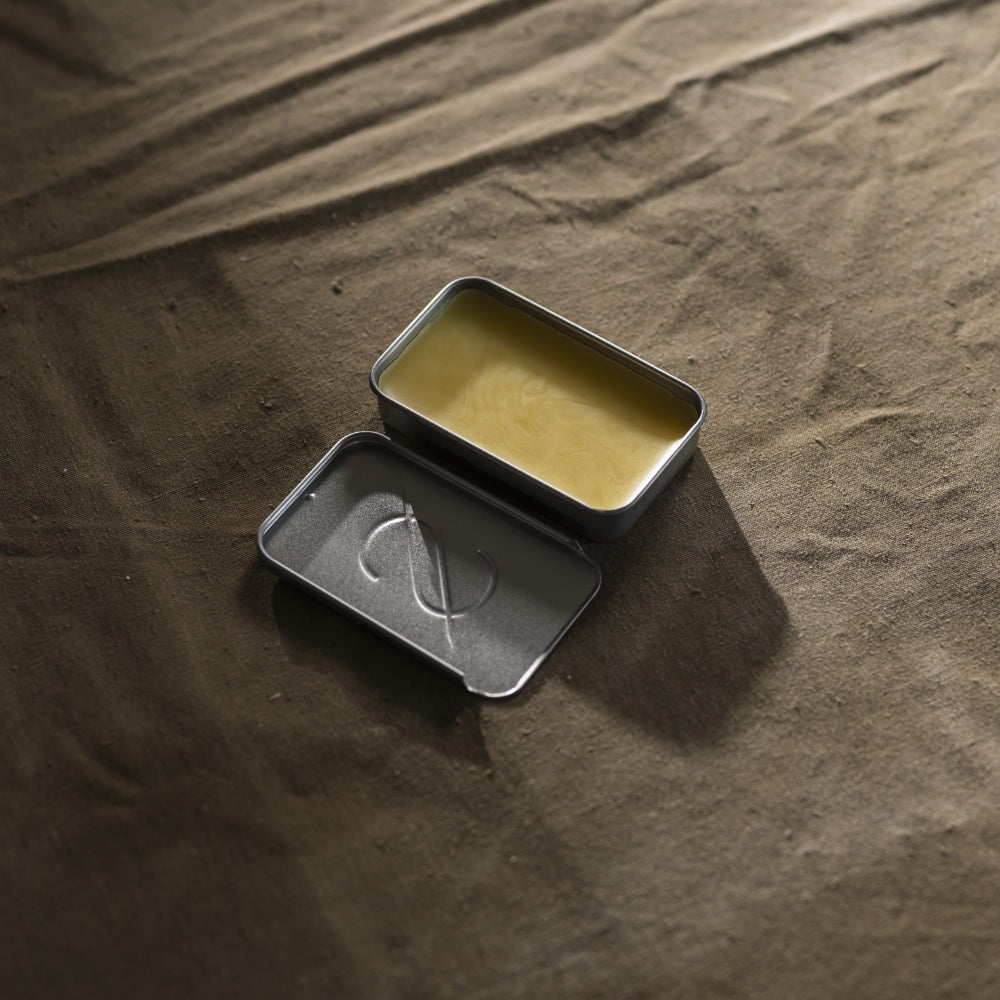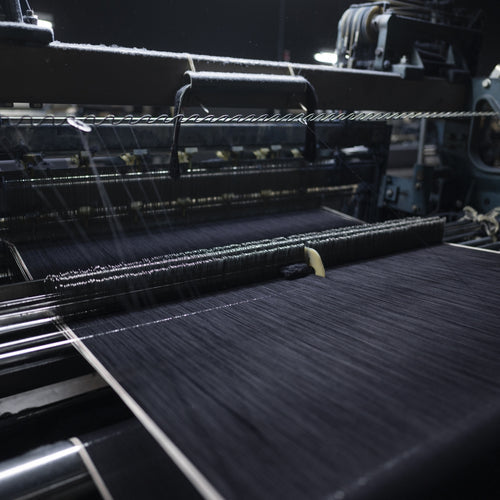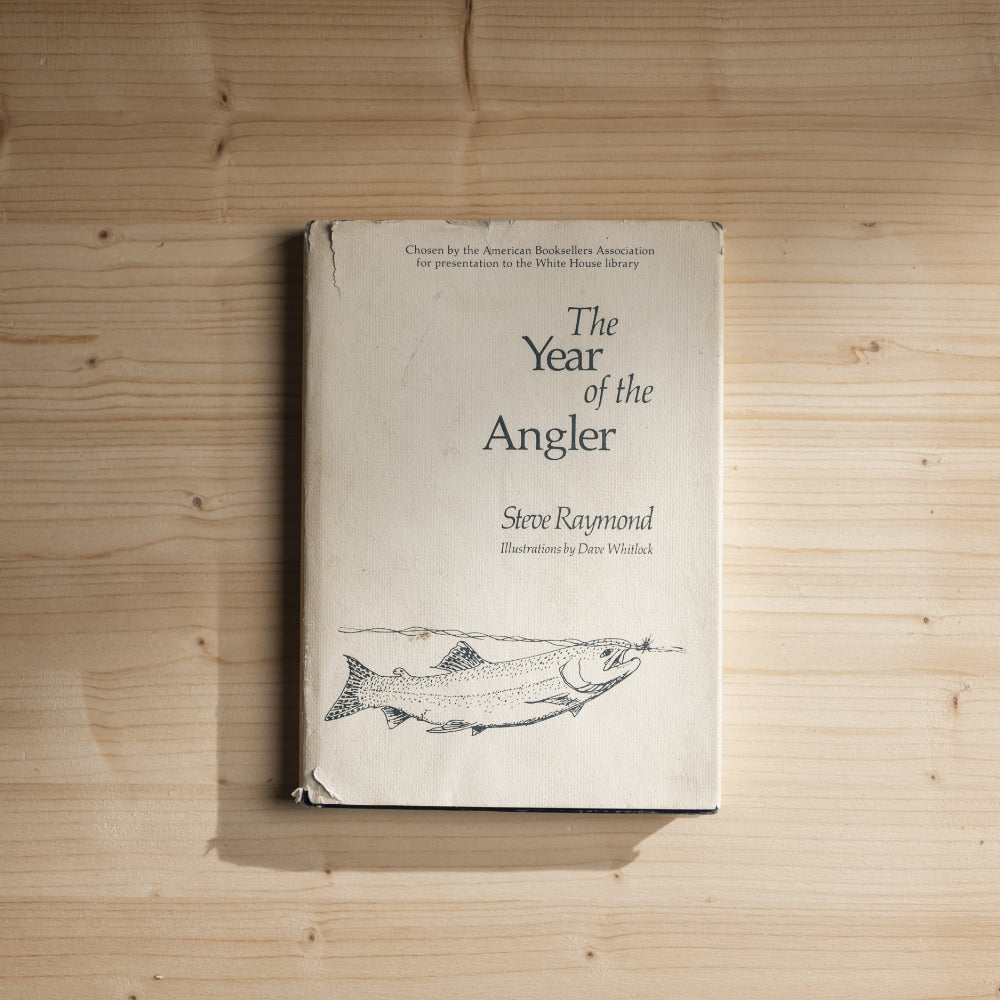The Evolution of Cotton Farming in Kyrgyzstan: From Soviet to Organic Revolution
Kyrgyzstan has deep agricultural roots, witnessing a transformative journey in cotton farming that encapsulates its Soviet past and Organic future. This journey from conventional to organic cotton farming reflects not just a change but also a shift towards regenerative farming and economic independence.

During the Soviet era, Kyrgyzstan, like many Central Asian republics, was integrated into a vast agricultural system where cotton was a significant crop. Cotton farming was highly mechanized and relied heavily on chemical fertilizers and pesticides. This intensive cultivation method aimed at maximizing yield with little regard for land or people. The aftermath of such practices contributed to ecological issues, with the Aral Sea crisis being one of the most devastating examples of environmental mismanagement in the region.
The dissolution of the Soviet Union in 1991 marked a new chapter for Kyrgyzstan, not just politically but also agriculturally. The transition from collective farms to smallholder ownership was challenging. Farmers, who were once part of a large, state-run agricultural system, found themselves navigating the complexities of market economies and independent farming decisions. This period was marked by trial and error, as the new republic sought to redefine its agricultural identity.

Then, a significant shift began to take root in Kyrgyzstan's cotton sector. In 2003, the Swiss aid organization Helvetas launched an ambitious project to convert conventional cotton farms in Kyrgyzstan to organic practices. This initiative aimed not only to mitigate environmental damage but also to improve the livelihoods of farmers, providing access to the global cotton market.


Two decades later, not knowing anything about the above, we found ourselves in the middle of a field holding seeds of organic cotton, trying to comprehend how we could miss this (at that time, we had already started sourcing wool and leather from Kyrgyzstan). The Organic Revolution had already started, groundwork had been set up, and logistics routes had been established.
The organic movement has fostered a sense of pride and ownership among farmers, who are now part of a global effort to produce sustainable and ethical cotton. What's left for us to do? Learn, understand, make friends, and mainly try to harvest organic cotton. It felt like skipping to the good part. We traveled to Jalal-Abad and Osh region, two regions where cotton crops are grown, and partnered up with a few smallholder farmers to introduce organic cotton, starting with OC200 Plain T-shirt and OC450 Worker Jeans.











